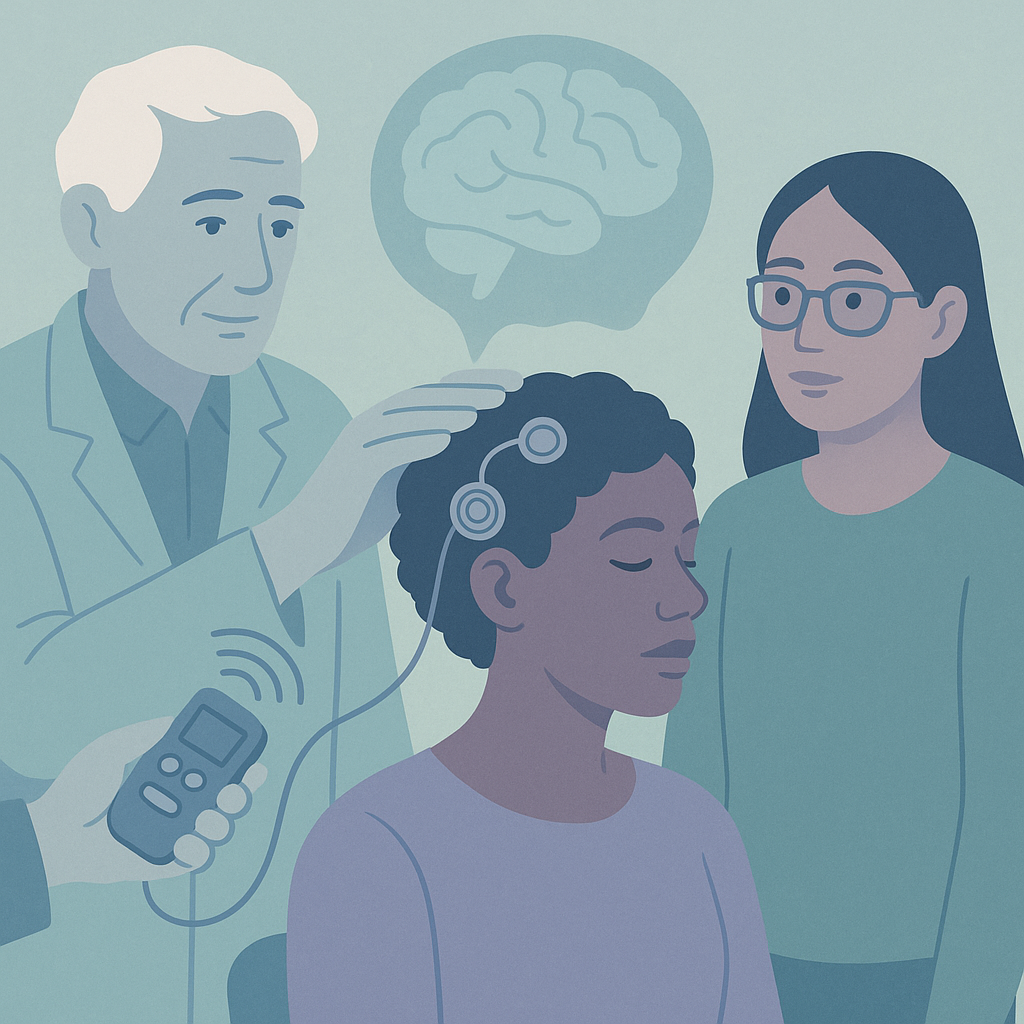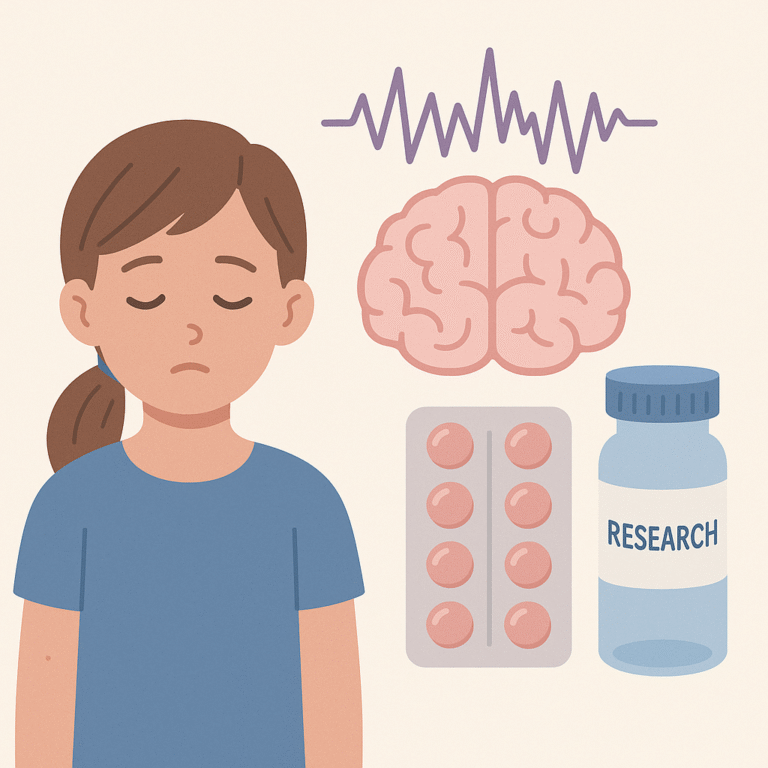RNS May Help Preserve Cognitive Function in Epilepsy Patients
Source: Surgical neurology international
Summary
This study looked at the effects of responsive neurostimulation (RNS) on the brain function of patients with drug-resistant epilepsy (DRE). Researchers reviewed the medical records of 14 patients who received RNS implants at a single center between 2017 and 2024. Each patient underwent neuropsychological evaluations before and after the surgery to assess various cognitive abilities, such as memory, attention, and language skills.
The key findings showed that while most cognitive abilities did not change significantly after the RNS procedure, there were some small reductions in specific areas. For example, there was a slight decrease in the estimated reading ability and verbal comprehension scores. However, these changes were not large enough to be considered clinically significant, meaning they likely wouldn’t affect daily life. Interestingly, there was a small increase in arithmetic skills, but again, this was not significant enough to impact overall cognitive function.
Understanding these results is important because it suggests that RNS may not worsen cognitive abilities in patients with DRE, which is a concern for many families. While the study shows promise, it is limited by the small number of patients and the need for longer follow-up to see if these trends hold over time. More research is necessary to fully understand how RNS affects brain function in the long run.
Free: Seizure First Aid Quick Guide (PDF)
Plus one plain-language weekly digest of new epilepsy research.
Unsubscribe anytime. No medical advice.





